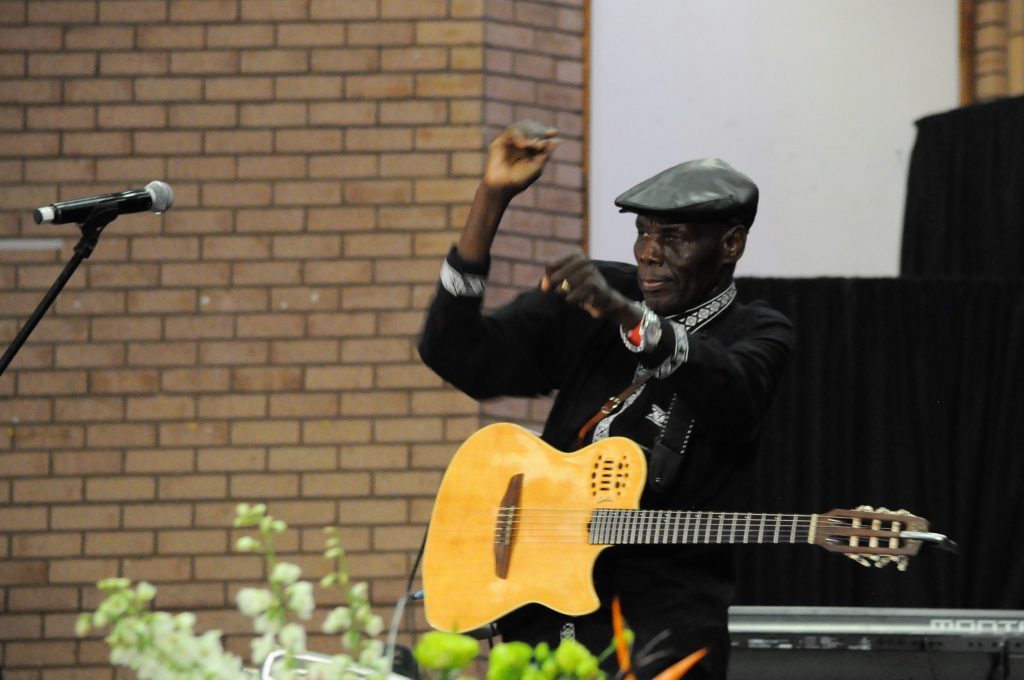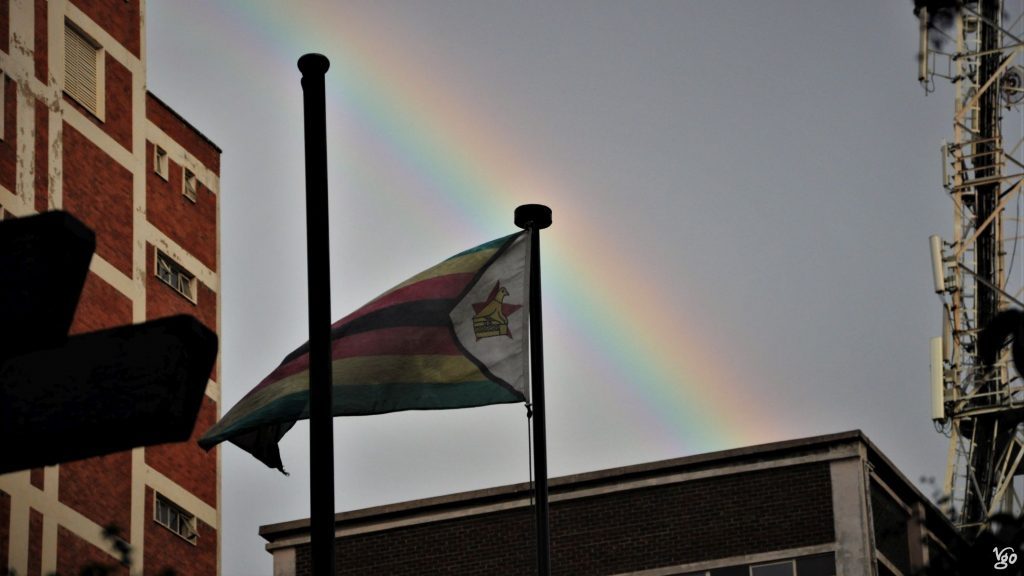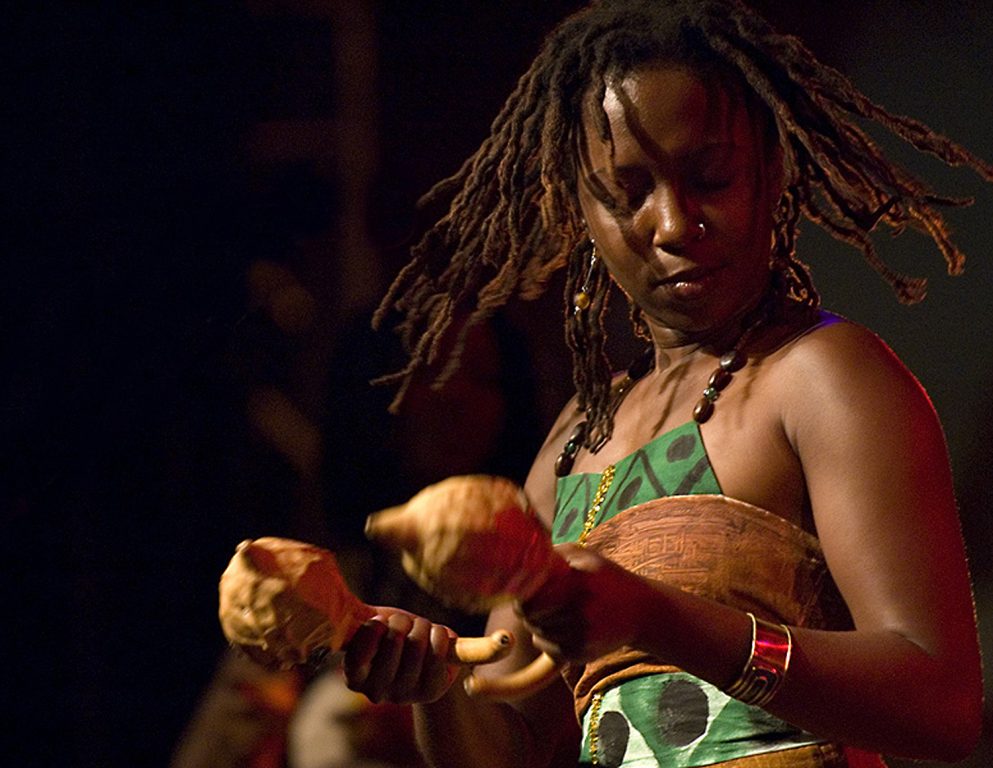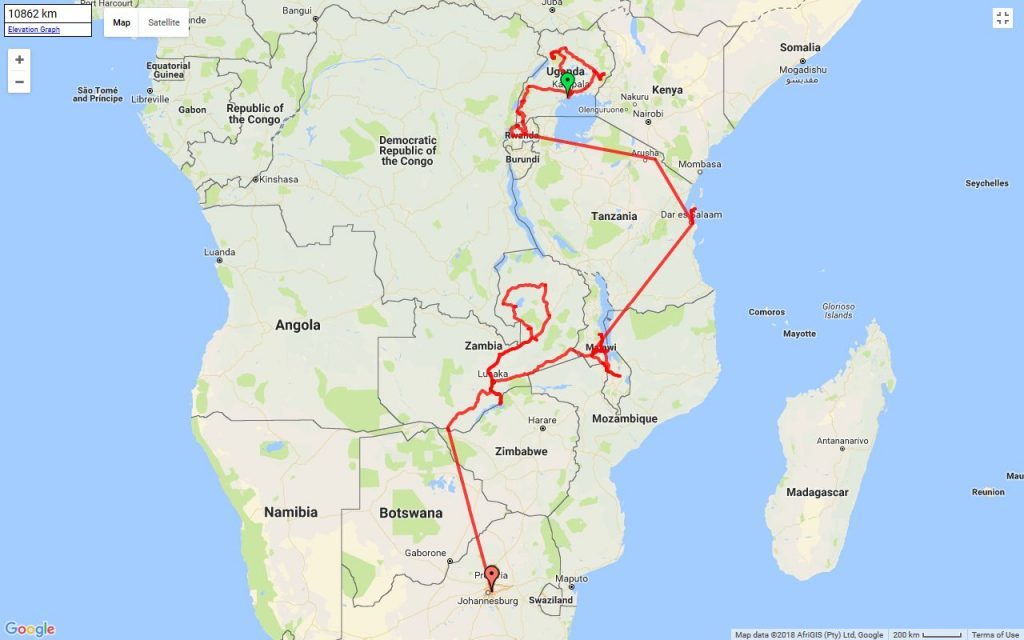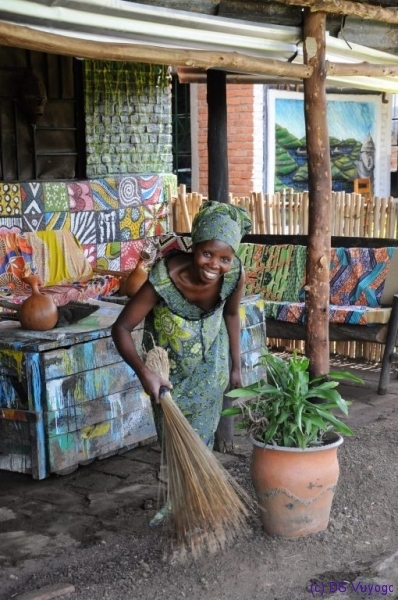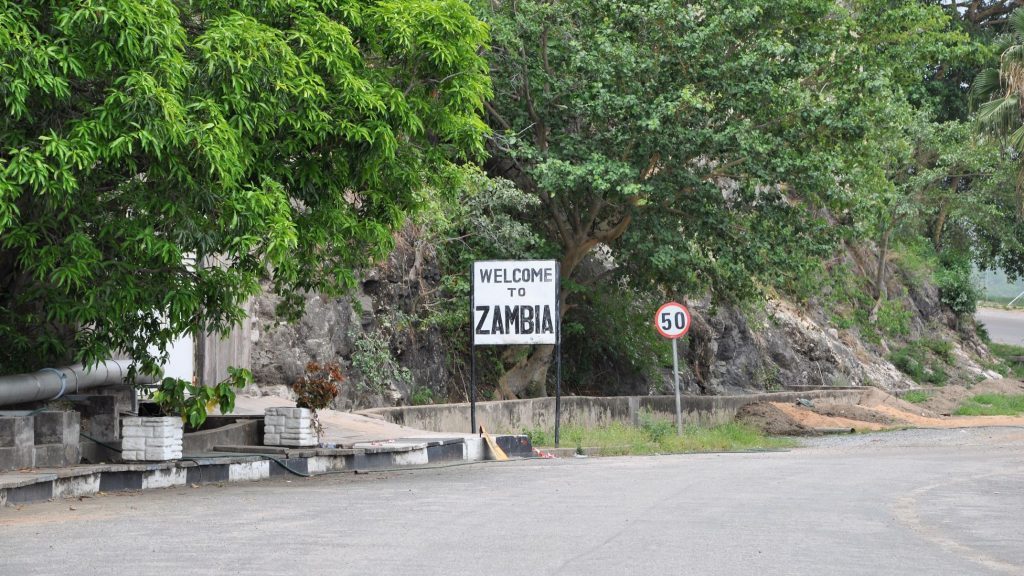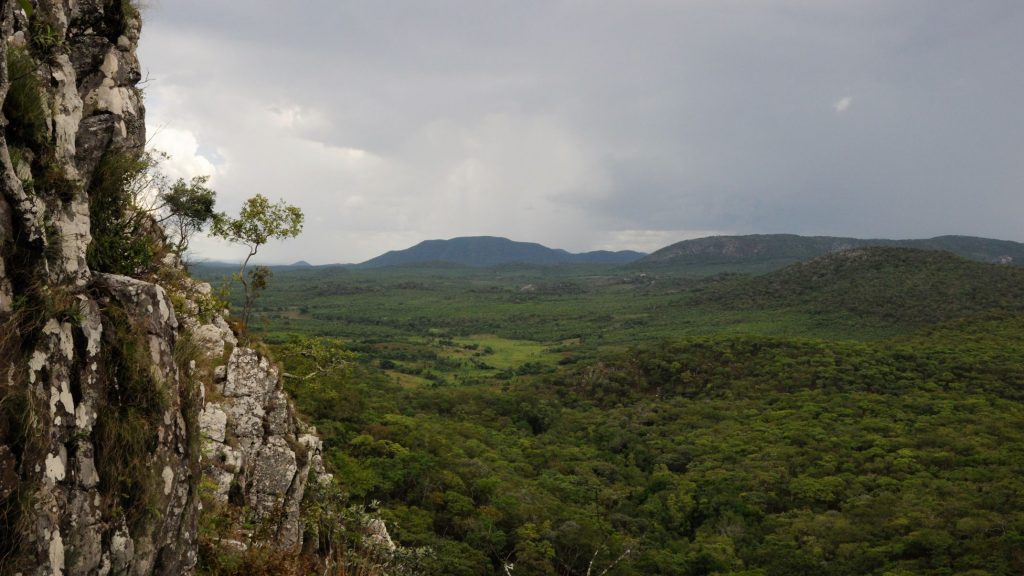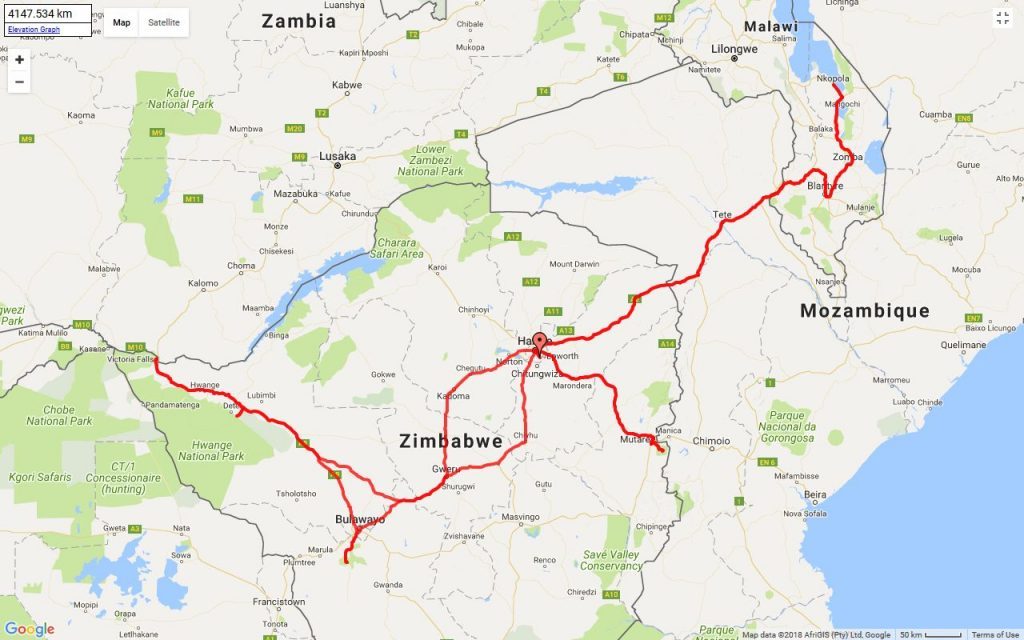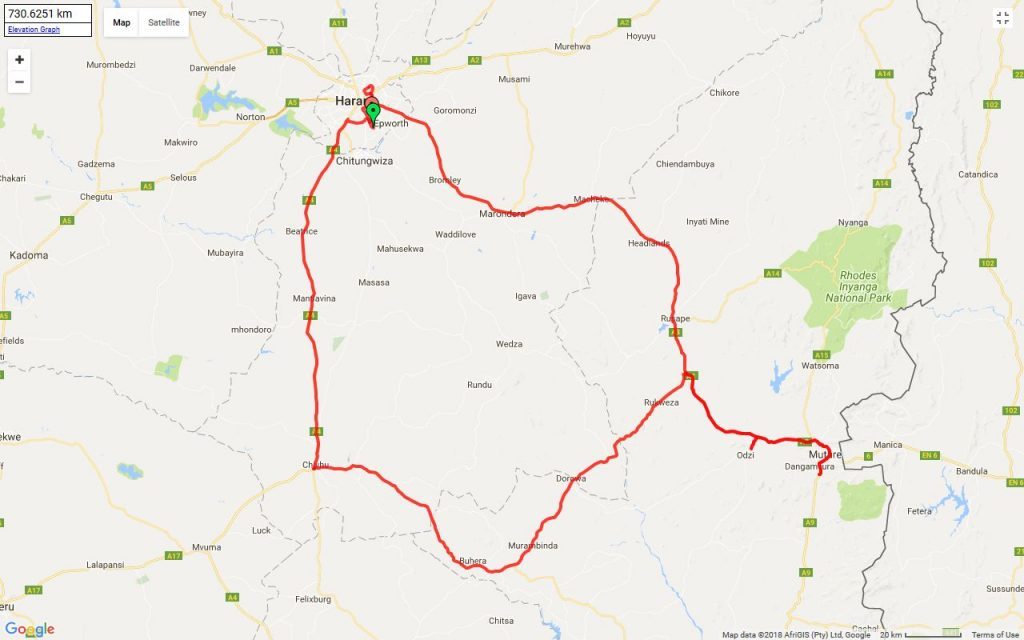Mbira is indeed a very “tangible” instrument. Only if you connect with it will it help you to produce the most enticing sound, a phenomenon in which beat mixes with harmony. As of this week, UNESCO recognizes mbira crafting and playing as intangible heritage in Zimbabwe – and also, with the variant name sansi – in Malawi. I’ve written about my experience with mbira elsewhere, so here’s the UNESCO summary video:
While mbira/sansi is less iconic in Malawi, where it is played in the south, it is an iconic instrument amongst the MaShona people that dominate Zimbabwe. Hence the move by UNESCO was met with applause, and Hope Masike – a young and accomplished mbira player and musician featured in some of the media coverage.

